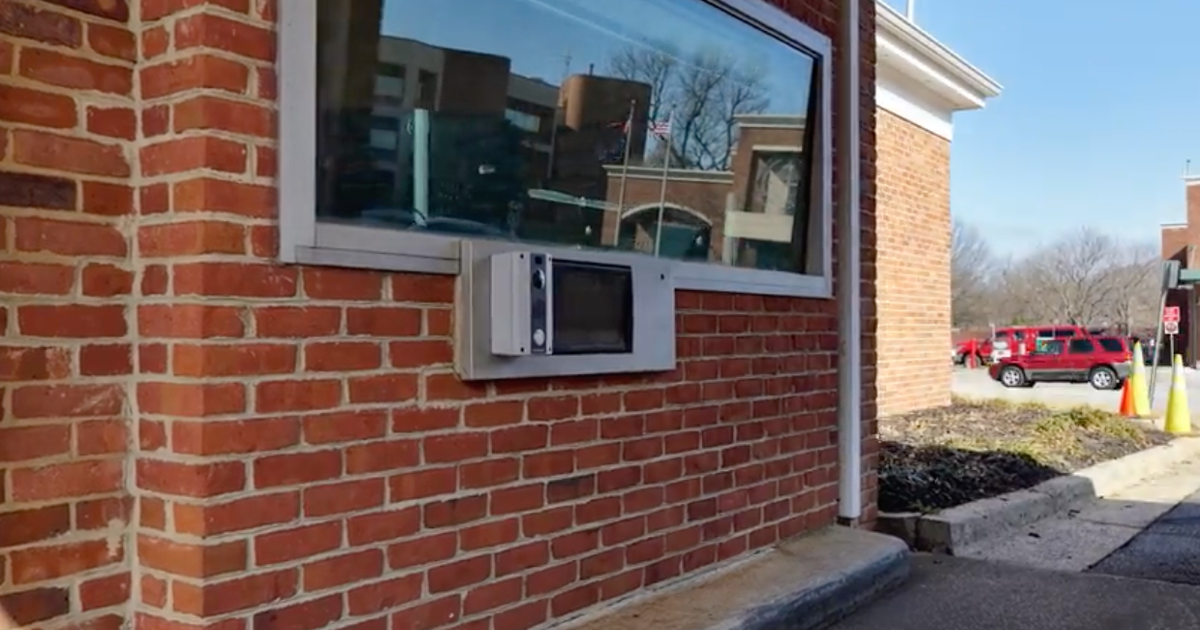Can't make your credit card payments? Consider this instead
If you have credit cards that you carry a balance on from month to month, you're not alone. Credit card debt is a common issue in the United States, and card balances are on the rise, according to the Federal Reserve.
Unfortunately, today's high interest rate environment can make it difficult to make your minimum payments. After all, credit cards typically have variable rates, and the minimum payments you make are meant to primarily address interest. So, with rates rising over the past couple of years, your credit card minimum payments likely followed.
But what if you can't afford to make your minimum payments? While you may think your primary option is bankruptcy, there's another option you may want to consider.
Don't struggle any longer. Tap into the debt relief you need now.
Can't make your credit card payments? Consider this instead
If you need a feasible way out of debt, you have options, including debt relief services. Debt relief professionals usually help in one of two ways:
Debt consolidation (debt management)
Traditional debt consolidation involves taking out a new loan at a lower interest rate to pay off your current debt. However, if you're struggling to make your minimum payments, you could be hard-pressed to find, and be approved for, an affordable debt consolidation loan.
A debt consolidation or debt management service could provide the relief you need in this case. These services typically ask you questions about your debts, income and expenses and then use that information to attempt to negotiate better rates and terms with your creditors on your behalf.
Once negotiations are complete, you'll generally stop paying your credit card companies directly and start making a single monthly payment to the debt consolidation service. The company you work with will make individual payments to your creditors on your behalf.
Save time and money with debt consolidation today.
Debt settlement (debt negotiation)
Debt settlement programs are designed to help you settle your debts for less than you owe. As is the case with debt consolidation programs, the process usually starts with a representative who asks you questions about your debt, income and expenses.
The representative will then work with you to create an affordable, yet effective, payment plan. At this point, you'll usually be instructed to stop making payments to your creditors and make your new payments to the debt settlement company — which will likely store the money in a special-purpose savings account.
Once you've saved enough money to settle your debts, the settlement company will negotiate with your lenders on your behalf in an attempt to get them to accept a lower payoff amount. Your creditors aren't required to accept your settlement offer, but debt settlement companies are often successful in negotiations.
Frequently asked debt relief questions
Find the answers to some of the most common questions about debt relief services below.
How long does debt relief take?
The amount of time it takes you to pay your debts off as part of a debt relief program depends on several factors. For example, your balances, the company you work with and the terms they negotiate on your behalf will play a role in the timeline.
However, Brandon Robinson, president and founder of JBR Associates, recently told CBS News that "if a person is not able to absolve the debt (through settlement or consolidation) within 36 months with lower monthly payments, then filing for bankruptcy may be the best option."
Does debt relief hurt your credit score?
Whether or not debt relief impacts your credit score — and by how much — largely depends on the type of debt relief you take advantage of. Debt consolidation may have a short-term negative impact on your score, while the detrimental effects debt settlement can have on credit scores could last significantly longer.
On the other hand, if you can't afford to make your minimum payments, you may already have a low credit score. The good news is that once you pay off your debt, you'll have a fresh foundation to rebuild your credit on.
Is debt relief worth it?
If making your minimum payments is a breeze and you even send extra money to your creditors from time to time, debt relief probably isn't going to be worth it for you. On the other hand, if you're struggling to make ends meet and need a clear way out of debt to achieve financial stability, debt relief is likely a good fit.
The bottom Line
It can be stressful if you're unable to make your minimum credit card payments, but you're not out of options. It may be possible for you to pay your debts off faster than you thought with a little professional guidance. Reach out to a debt relief specialist today to start putting your credit card debt behind you for good.




